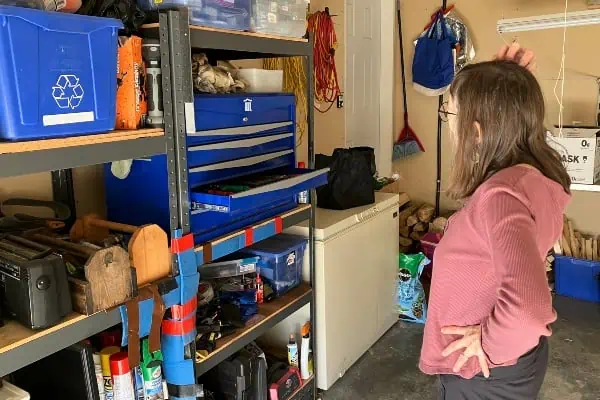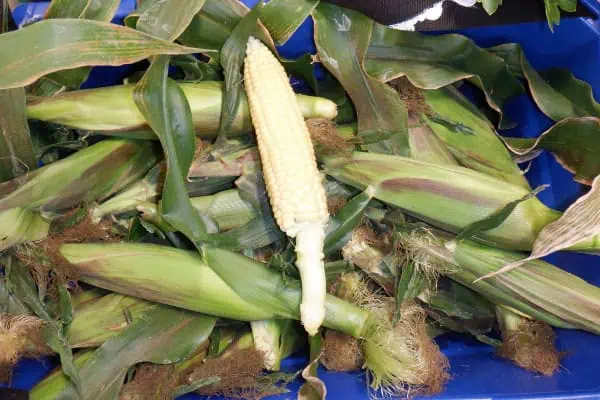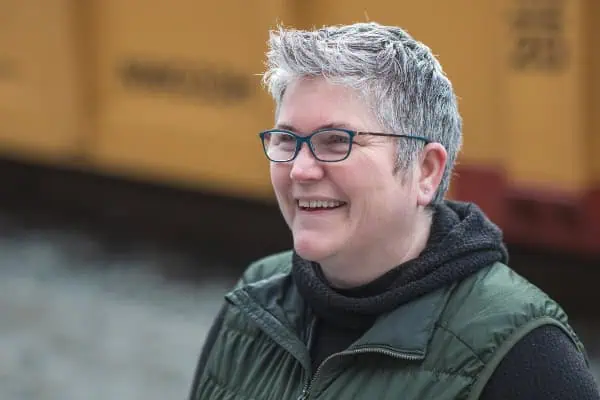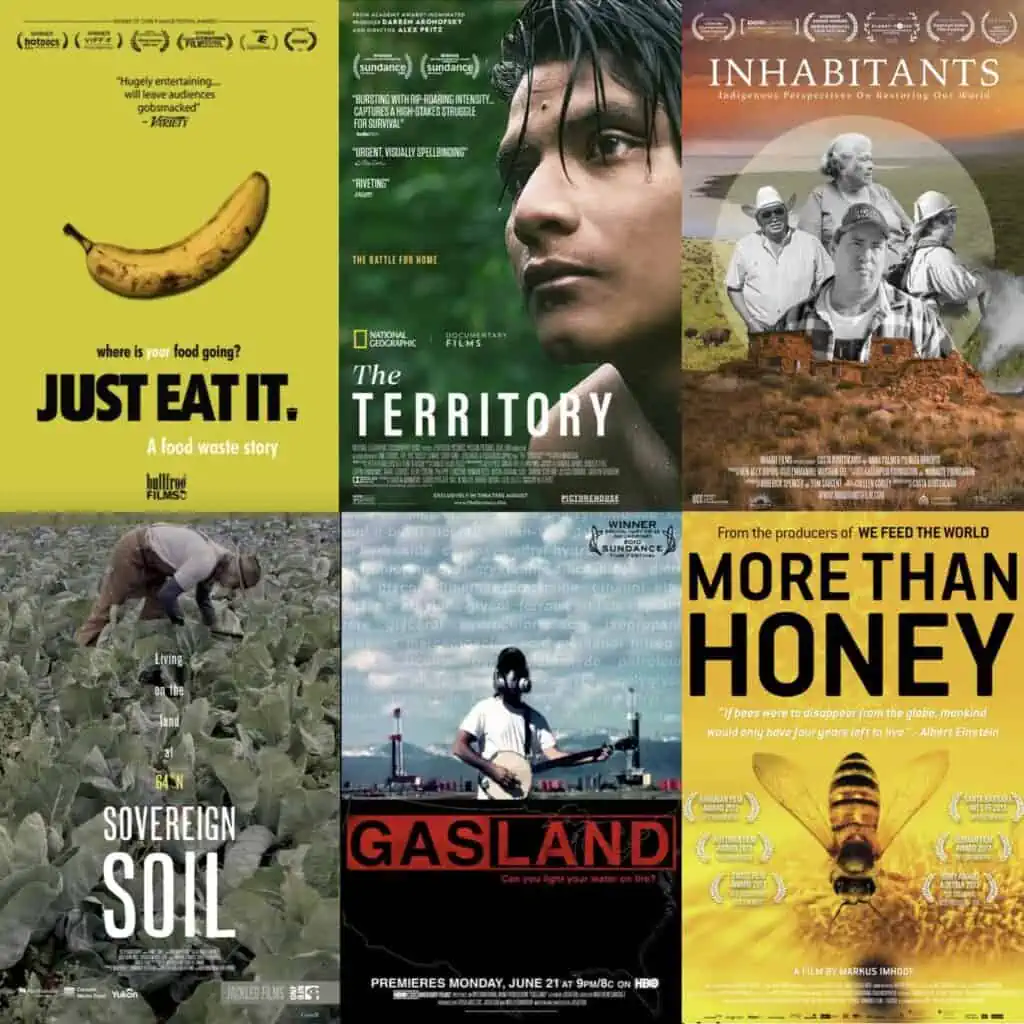
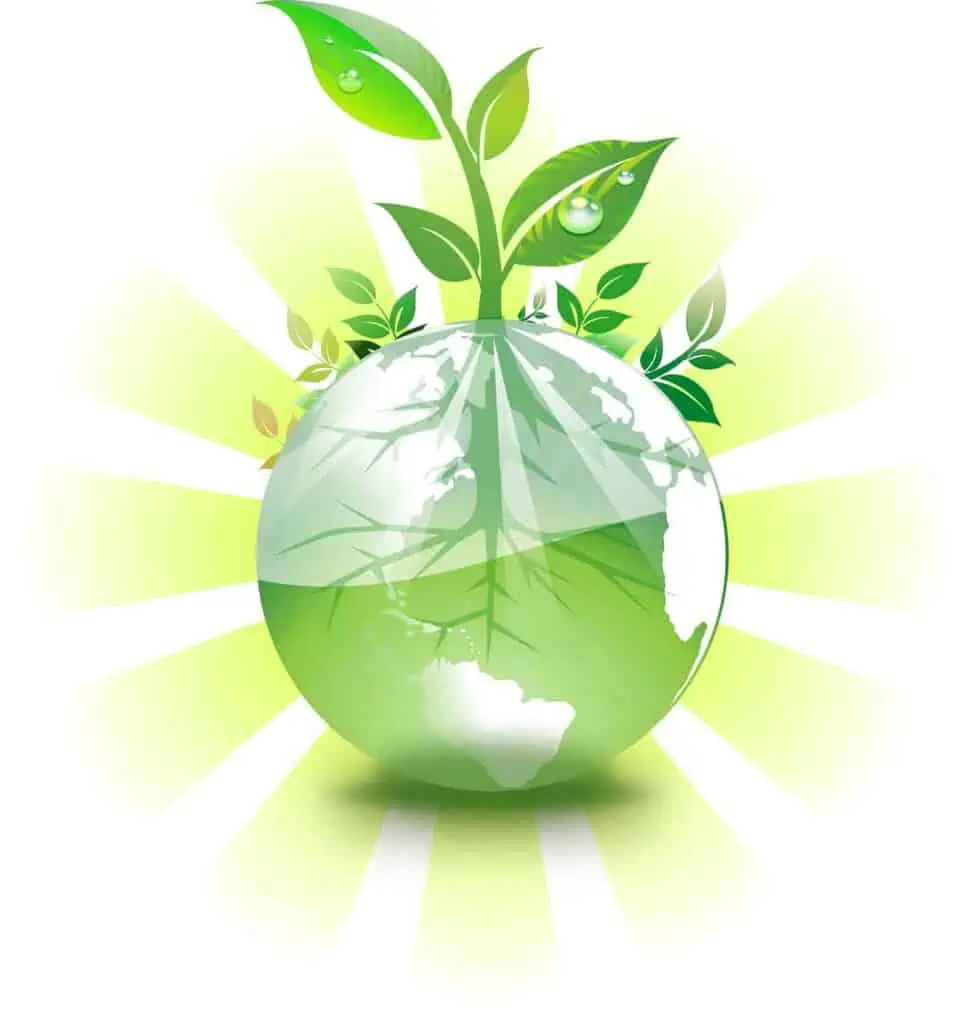
Annual events are a wonderful way to bring awareness to certain issues but, unfortunately, long-lasting change doesn’t come from the actions of only one day. This April 22 marks the 53rd anniversary of Earth Day, and as Neil deGrasse Tyson once said, “If every day were Earth Day, we wouldn’t be in the mess we’re in.” With that in mind, here are a few simple ideas to make a positive change for the Earth—not just for one day of the year but for the 364 other days as well.
1. Organize a community clean up or start a new habit of picking up trash on your daily walk, run or bike ride: the snow is melting and it’s not just the bare forest floor that’s appearing, once again, after six months of being hidden. A lot of garbage is also resurfacing. Consider stuffing a small trash bag into your pocket or tying it to your handle bars before heading out the door for your next run or bike ride on local trails. I can almost guarantee that you’ll come across a tossed beer can or some other human-made piece of litter. It’s a small thing in the grand scope of the world’s environmental problems, but it may make you feel more connected to your neighbourhood and may foster a mindset of stewardship and responsibility for your actions.
2. Plant a garden, compost and learn about regenerative agriculture: It’s that time of year again. The garden centers are opening their doors soon, and while the last frost may still be a ways away, gardening season is back once again. So much of the produce that we consume in the Yukon has to be trucked in from down south. In the winter it’s hard to avoid, but during the summer, planting your own garden is a great way to at least decrease your “food footprint” a little bit. You may also be inspired to set-up your own composting bin, which will allow you to decrease the amount of kitchen waste that goes into the local landfill and, at the same time, will build up your soil.
3. Think local: Another way to reduce the carbon footprint of the food that you and your family consumes is by shopping at a local farmers’ market. This year’s Earth Day theme is “Invest In Our Planet.” We can invest our time by making positive changes in our daily habits. But we can also invest our money, and one of the simplest ways is to take a closer look at what kinds of businesses we support with our money. Buying from local farmers supports the work they do and nurtures our communities, along with being a way to choose healthier options for our families. Maybe you don’t have the space or time to plant your own garden and this is a wonderful alternative (or addition) to growing your own vegetables. The Fireweed Community Market, in Whitehorse, runs from mid-May to mid-September.
4. Buy used instead of new: Before hitting “Buy” on that next online order of books from Amazon, consider stopping by Well-Read Books or giving them a call to see if they have used copies of what you’re looking for. Browse local thrift stores for previously used treasures, or take a look at buy-and-sell groups, on Facebook, for used items that you may be able to find for a better price. Along with saving money, you’ll be able to prevent something usable from being thrown away. You may also want to reconsider certain purchases altogether. Our society has convinced us that buying that new shiny thing will make us happy, and environmentally friendly options on the market have made us feel less guilty about consumerism but, in reality, we can have an even bigger impact by not buying something.
5. Reduce plastic use: Reusable water bottles (or coffee mugs) and reusable bags are probably already a part of most Yukoner’s lives (although sometimes we forget our cloth shopping bags at home or in the car and do not realize it until we’re at the cash register). Another way to cut down on plastic waste is by purchasing in bulk. Many Yukon businesses offer great options; for instance, the Yukon Refillery sells laundry soap, cleaning supplies and personal-care products in bulk. Aroma Borealis offers organic shampoo, conditioner, body wash, bubble bath and lotion in refillable bottles. Even our large (and small) grocery stores have bulk sections. Riverside Grocery, for example, has a great assortment of dry goods that they sell in bulk—from flour, to tea, to beans and cereals. Just remember to bring along your containers!
6. Get informed: Get inspired by a documentary. Here are some to get you started …
- Just Eat it! A Food Waste Story (Two Canadian filmmakers pledge to survive only on food that would otherwise be thrown away—humorous and eye-opening.)
- Kiss the Ground (An exploration of regenerative agriculture as a viable solution to the world’s climate crisis.)
- Gasland (An American documentary about hydraulic fracking and natural-gas drilling—available at the local library.)
- Inhabitants (Five Native American communities restore their traditional land-management practices in the face of a changing climate.)
- More Than Honey (A Swiss documentarian explores the decline in the world’s bee population and what it means for our modern society.)
- Sovereign Soil (A great Yukon-made film—available at the local library and online at nfb.ca)
- First We Eat (A wonderful, locally made documentary—available at several Yukon libraries, as well as on Vimeo On Demand and Apple TV.)
- The Whale and the Raven (A story about whales in the Pacific Northwest and the possible impact of a local industrial boom—free on nfb.ca.)
- Garbage Warrior (A film about Michael E. Reynolds who is known for the design and construction of passive solar houses called Earthships—free on Vimeo.)
- The Territory (A 2022 documentary about the ongoing and tireless fight of the Indigenous Uru-eu-wau-wau people against encroaching deforestation in the Brazilian Amazon.)
7. Reconsider your lawn: Certain studies have found that maintaining a perfect lawn is an unsustainable practice: they argue that it diminishes biodiversity, wastes water, pollutes ecosystems and increases greenhouse gasses. If having a beautiful lawn gives you and your family a lot of pleasure, I am certainly not the person to tell you what to do. If, however, you’re interested in alternatives, consider letting native plants grow, once again, and no longer using fertilizers, herbicides or pesticides. I get a lot of joy from walking around my yard and harvesting bits of yarrow and dandelion for tea, or picking wild strawberries in the height of summer. The neighbours may wonder what I’m doing while I’m foraging for things from my lawn, and the occasional thorn from a wild rose plant may cause discomfort to my bare feet but, overall, I much prefer it to a regular lawn.
8. Get your kids (or grandkids) involved: Many of these activities can be shared with children, as well. Sow some seeds together or take a trip to one of our local garden centers and let them pick out a few plants of their very own. I remember having my own little garden when I was a young girl, and it taught me so many positive things. Inevitably, not everything flourished but it got me outside and it taught me about where my food came from and how to care for something. If you don’t have space for a garden, that’s not a problem: a mushroom grow kit or a few herbs on your windowsill are awesome alternatives. Watching a documentary together or picking up garbage around the playground are other ways to get your kids involved and more aware. Every little bit counts and will be something they will carry with them into their futures.
9. Spend more time outside: Maybe the most important part of this whole equation of taking care of Mother Nature is getting to know her. The best step in getting motivated in protecting our planet is falling in love with it. We are, in fact, a part of this Earth, and we should care for it in much the same way that we care for our body, our houses and our families. Spending time with our loved ones outside, in nature, gives us the incentive to change our habits and to live every day as if it were Earth Day. It can be as simple as going for a hike or perhaps going on a more-involved adventure such as a hunting trip with friends. However you connect with nature, do so with gratitude and with awareness about whose traditional territory you’re doing it on. Fish, hunt, forage and enjoy this land that we call home—responsibly and respectfully. Our love for it and connection to it will be what makes a difference in the long run.

